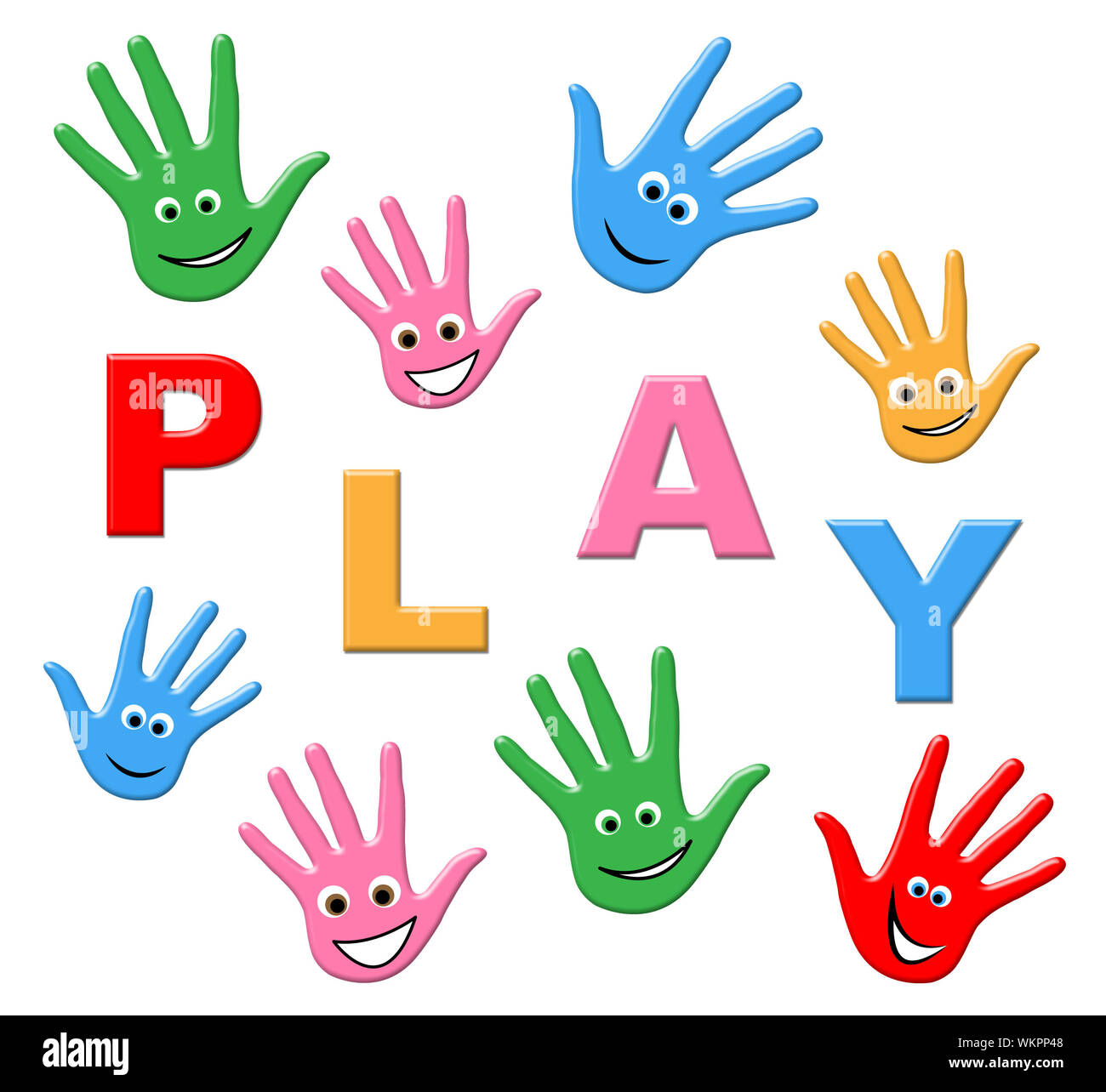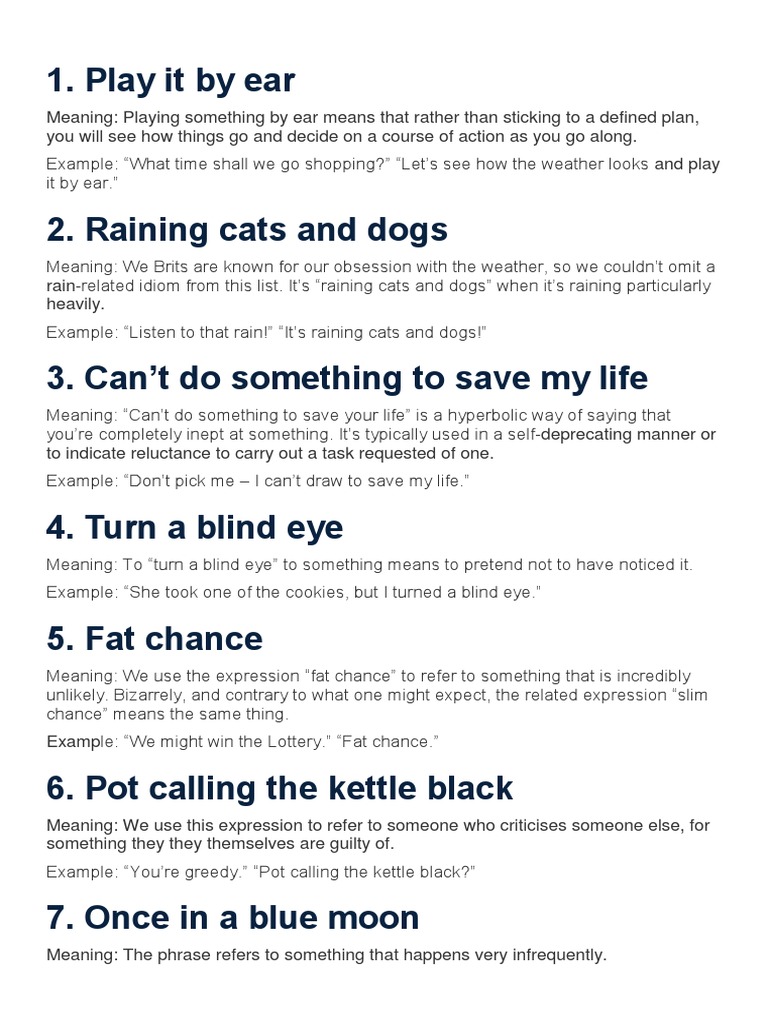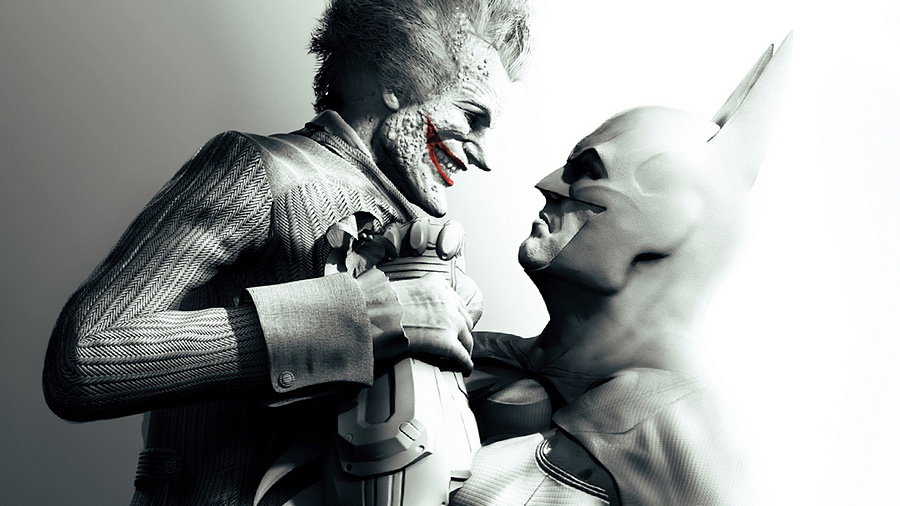2 Chapter 2 Basic Concepts: Philosophical Analysis of Play
Por um escritor misterioso
Descrição
Objectives Define, compare, and contrast play, recreation, and leisure. Provide an overview of play theories. Discuss the psychology of play. Identify the six views of leisure as presented in the text. Discuss the interrelationship between play, recreation, and leisure.
Play is more a form of behavior than activity. Play can occur during work or leisure. Recreation has broader applications and can be provided by agencies that do not have recreation as a primary focus. Armed forces, businesses. Recreation can include nonplay-like activities. Traveling, reading, going to museums. Leisure is more abstract, focus of research by many different disciplines.
Play is more a form of behavior than activity. Play can occur during work or leisure. Recreation has broader applications and can be provided by agencies that do not have recreation as a primary focus. Armed forces, businesses. Recreation can include nonplay-like activities. Traveling, reading, going to museums. Leisure is more abstract, focus of research by many different disciplines.
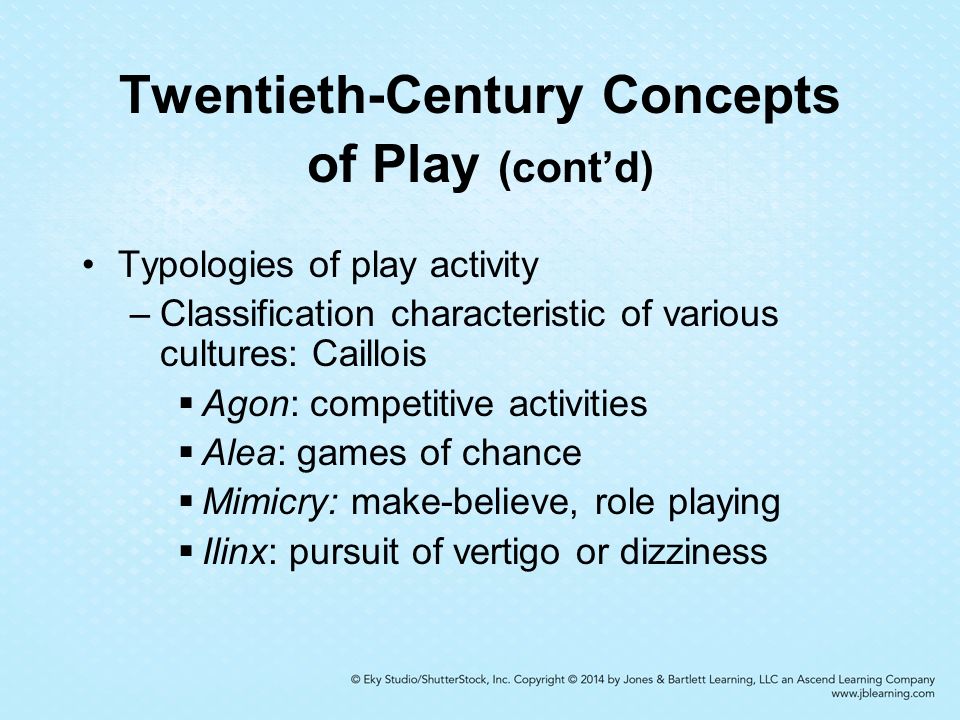
2 Chapter 2 Basic Concepts: Philosophical Analysis of Play, Recreation, and Leisure. - ppt video online download

Ethics for A-Level - Chapter 4. Aquinas's Natural Law Theory - Open Book Publishers
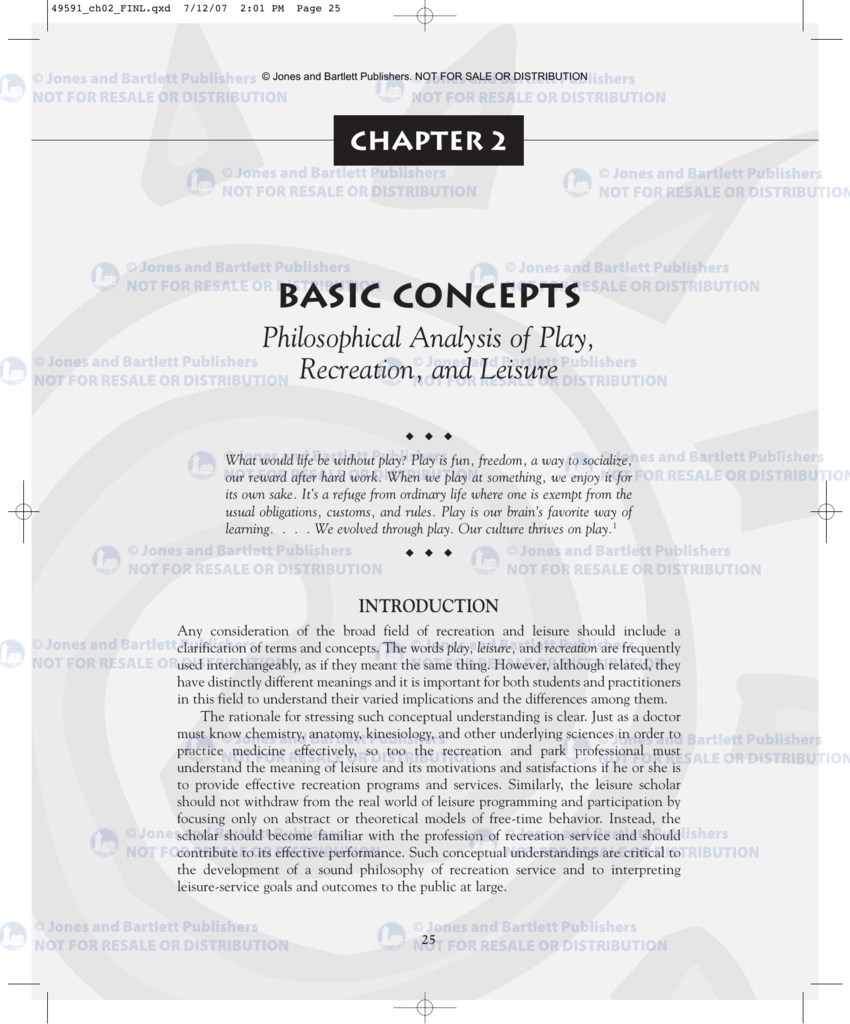
basic concepts - Jones & Bartlett Learning

Skill Acquisition
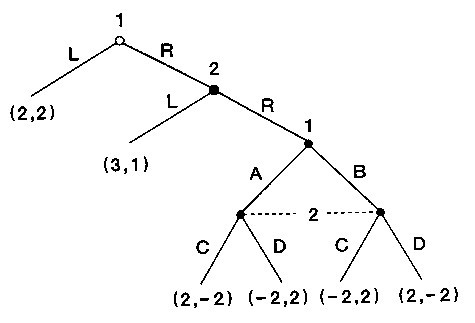
Game Theory Internet Encyclopedia of Philosophy

Europe: Human Geography
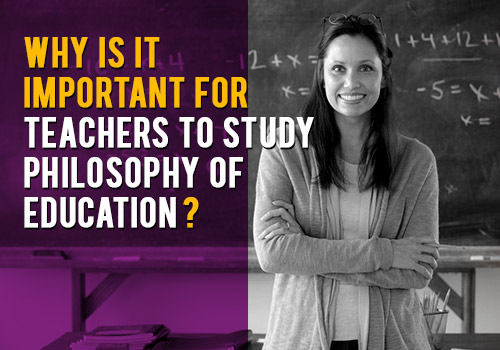
Why Is It Important For Teachers to Study Philosophy of Education
:max_bytes(150000):strip_icc()/psychology-schools-of-thought-2795247-01-76764cce15bd46118efb8779260aa571.png)
Schools of Psychology: The 7 Main Schools of Thought

The Sense of Style: The Thinking Person's Guide to Writing in the 21st Century: Pinker, Steven: 9780143127796: : Books
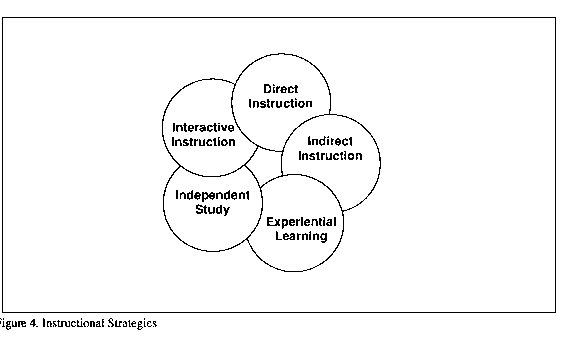
Instructional Approaches: Chapter 2: Instructional Models, Strategies, Methods, And Skills

What is Holistic Marketing: A Complete Guide with Examples

lesson 2, PDF, Logic
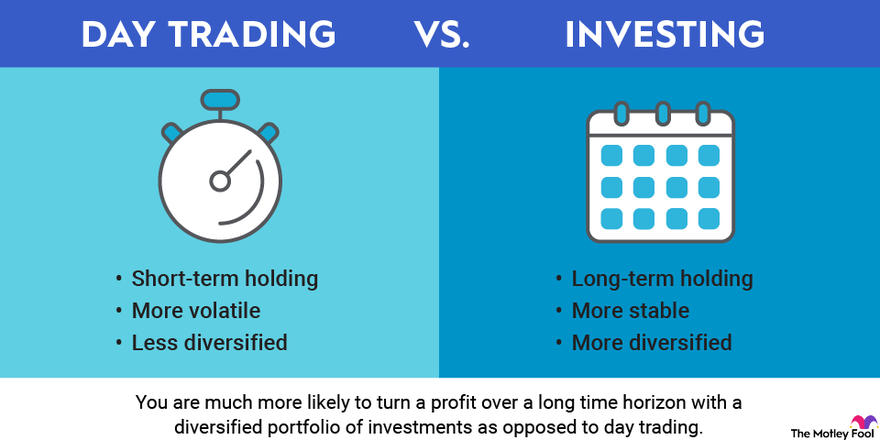
Day Trading: What It Is & Why It's a Bad Idea
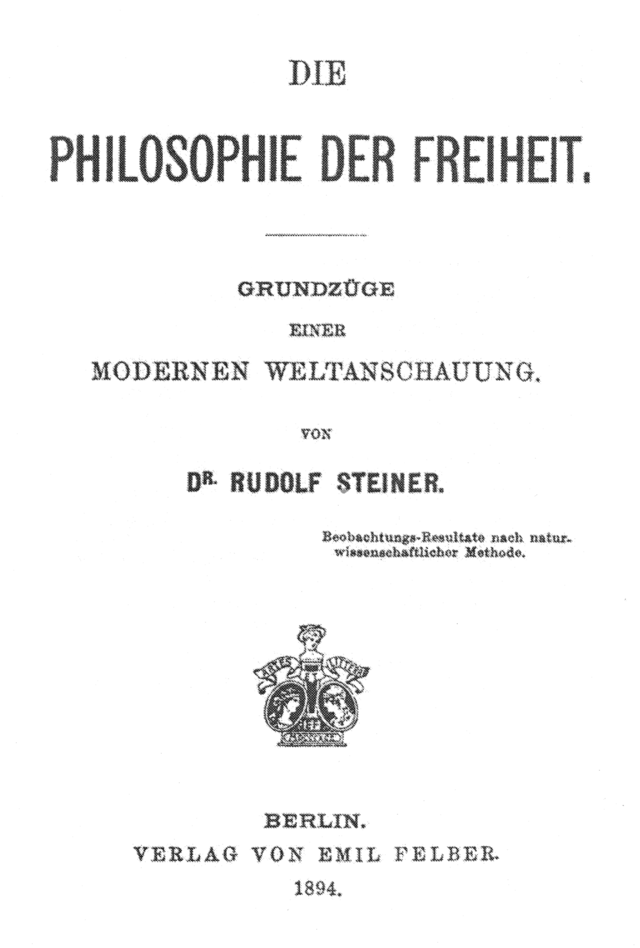
The Philosophy of Freedom - Wikipedia
de
por adulto (o preço varia de acordo com o tamanho do grupo)
